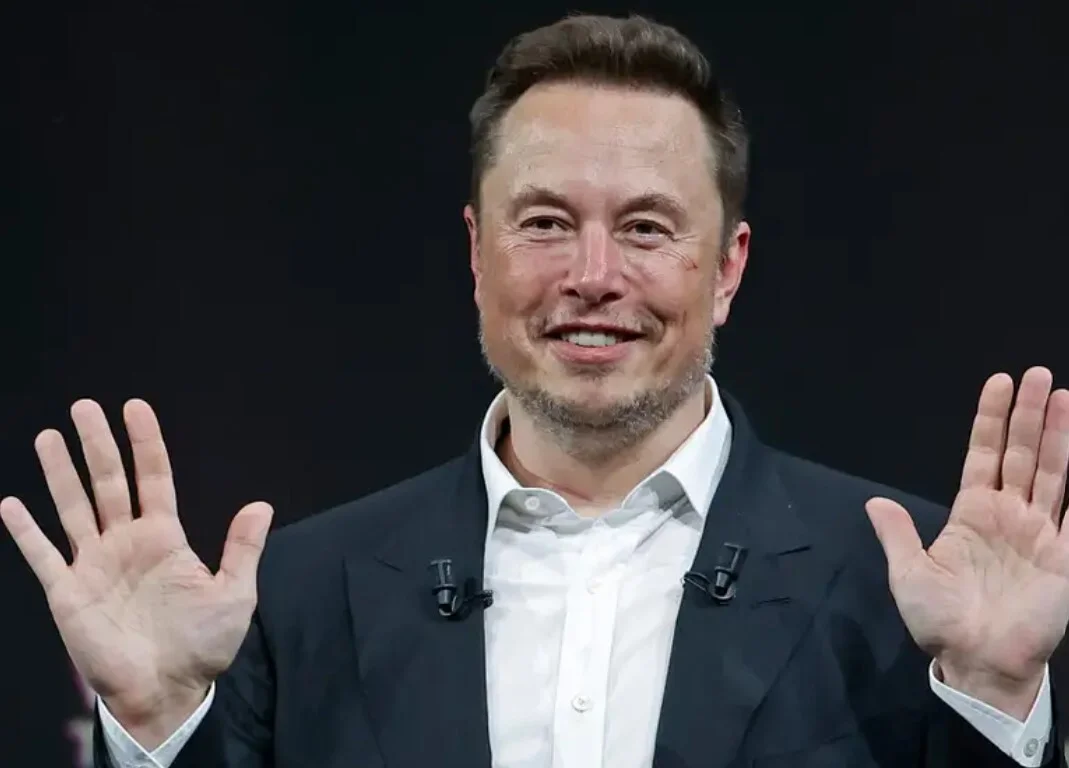To the surprise of many of his supporters, Donald Trump recently expressed support for the H-1B visa program. Opinions on the visa program, which is essential for attracting qualified foreign workers to the United States, have always been divided. Trump’s remarks followed those of Elon Musk, the CEO of SpaceX and Tesla, who defended the program in the face of growing criticism.
Musk’s Strong Defense
Elon Musk emphasized the value of skilled immigrants on social media. He referred to one of Silicon Valley’s “fundamental limiting factors” as the lack of elite engineering talent in the United States. Musk emphasized the importance of hiring the best, regardless of origin, likening the process to building a winning sports team.
Trump’s supporters began debating Musk’s comments. Trump’s selection of Indian American Sriram Krishnan as an AI advisor drew criticism from far-right extremists.
Musk maintained his stance, making a distinction between legitimate and illegal immigration. His reliance on highly qualified foreign workers is demonstrated by the 724 H-1B visas that his business, Tesla, has obtained this year.
Trump’s Shift in Tone
Although Trump restricted H-1B visas during his first term, he now supports the program. He lauded the visa system in an interview, citing his own company’s use of it. He stands in opposition to the immigration hardliners in his team because of this backing, but it also puts him in line with Musk and other tech titans.
One of Trump’s closest allies, Steve Bannon, attacked large tech companies for supporting the H-1B program. He claimed it jeopardizes American principles and employment. But in contrast to his challenging position on illegal immigration, Trump supports skilled immigration.
Broader Implications
H-1B visas are crucial to the tech sector’s efforts to fill talent shortages. The program’s detractors claim it decreases American workers’ salaries.
Musk, who formerly held an H-1B visa, emphasized the necessity of improvements. He suggested eliminating employer limits on visa holders and implementing a merit-based system.
Trump’s support for Musk suggests a possible policy change. Speculation on immigration reforms has increased since Sriram Krishnan was appointed to an advisory position. The modifications may help countries like India by making it easier for qualified workers to obtain green cards and permanent residence.
The debate has also rekindled Trump’s supporters’ worries about immigration. Many of Trump’s followers urge for tighter regulations, while Musk supports luring in top talent from around the world. The growing conflict between nationalist sentiments and the demands of the tech industry is reflected in this rift.
Musk and Trump’s stances highlight the importance of striking a balance between job protection and innovation as the debate continues. Although the future of the H-1 B program remains uncertain, the controversy highlights its significant impact on the American tech scene.
FAQS
Which aspects of the H-1B visa scheme are criticized?
Critics contend that the policy unfairly favours foreign labour while suppressing wages for American workers. Additionally, others contend that it is prone to abuse by businesses that value cost reductions over employing local talent.
In this perspective, what are the differences between legal and illegal immigration?
Verified procedures are used in legal immigration, such as the H-1B program, to bring in talented people to satisfy industry shortages. People who enter or remain in a country without the required authorization are considered to be engaging in illegal immigration.



